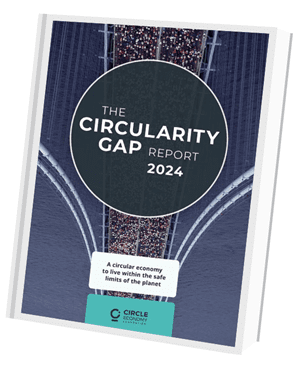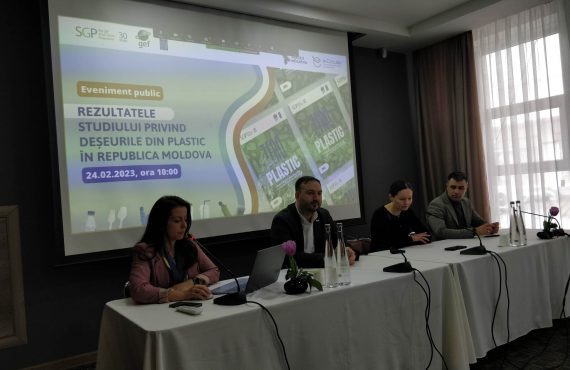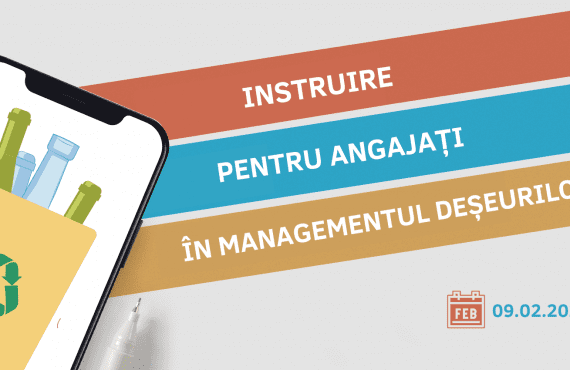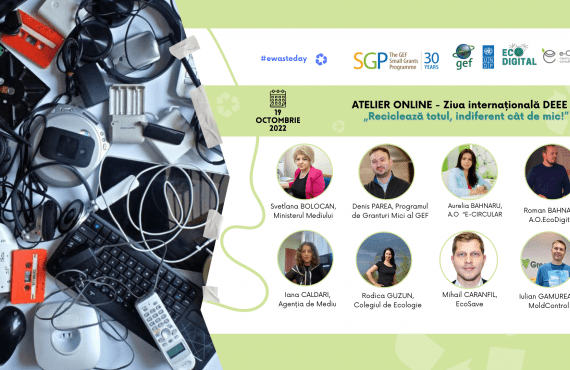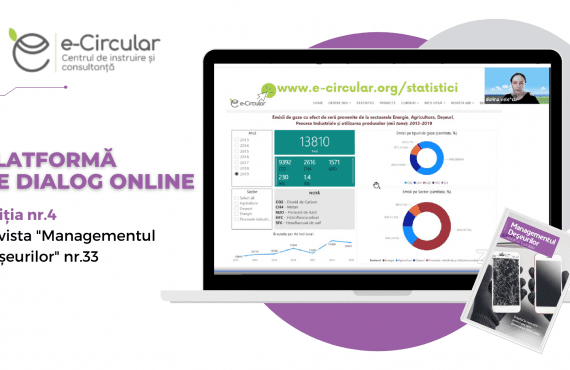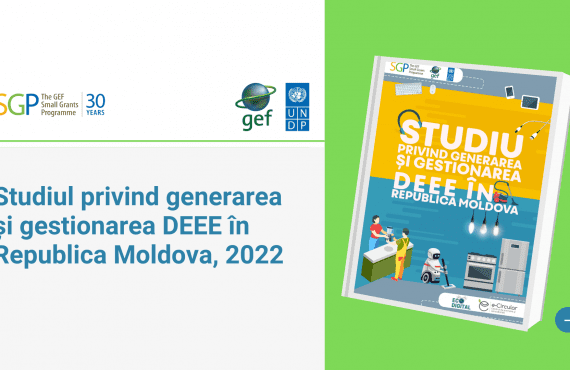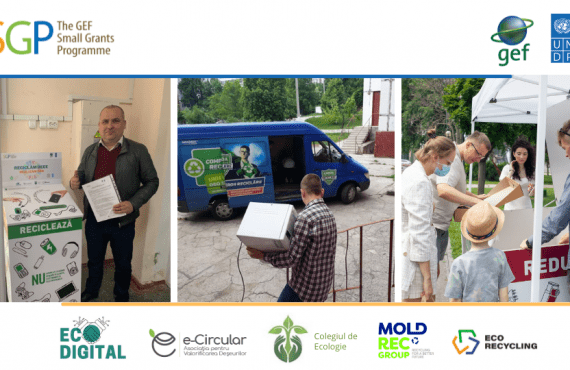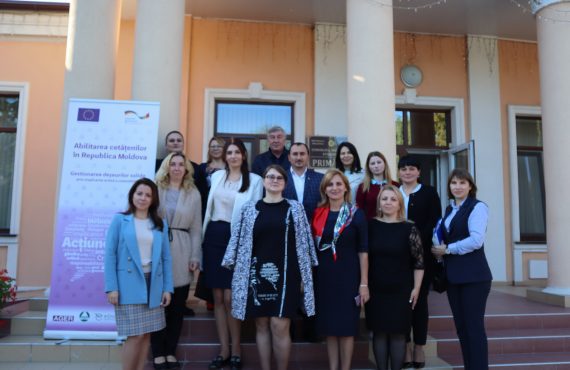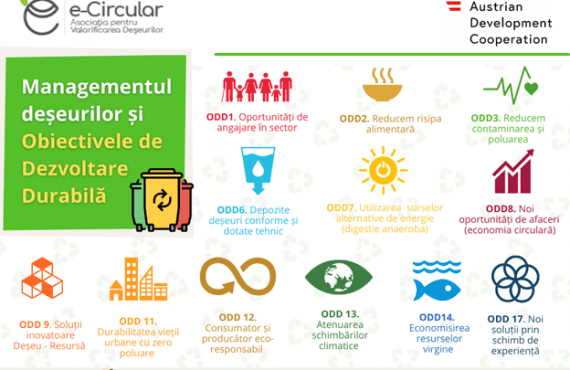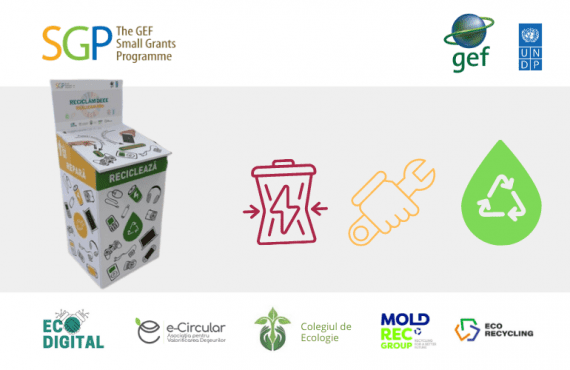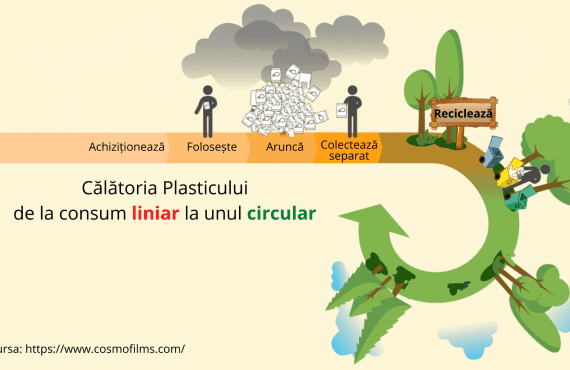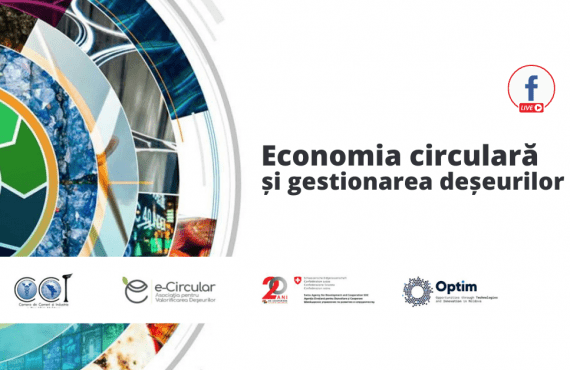According to the latest report of the Circular Economy Foundation, entitled "The Circularity Gap Report 2024" (ro: Report on the Circularity Gap 2024), a worrying trend is observed: although discourses about the circular economy are more and more frequent, humanity is taking less and less concrete actions to conform to its principles. Even if the term Circular Economy is on everyone's lips, global circularity is in decline. Over the past 5 years, discussions, debates and articles addressing this topic have increased nearly 3-fold, reflecting increased awareness and interest in this economic model. However, most of the materials entering the economy are new, and the proportion of recycled materials is decreasing year by year. The share of secondary materials consumed by the global economy fell from 9.1% in 2018 to 7.2% in 2023 – a decrease of 21% over the past 5 years. This reduction occurred while the total amount of materials consumed by the global economy increased significantly. In the last 5 years, humanity has consumed over half a trillion tons of materials, almost as much as the entire amount consumed in the 20th century.
This data presents a hard but widely ignored truth: even though the circular economy has become a "megatrend", a topic increasingly addressed in discourse, policy and goal setting, efforts to reduce emissions and promote the use of secondary materials are rather statements of intent rather than concrete actions. This trend raises more and more questions about possible greenwashing campaigns by those who make such claims.
Positive change relies on governments, financial actors and citizens!
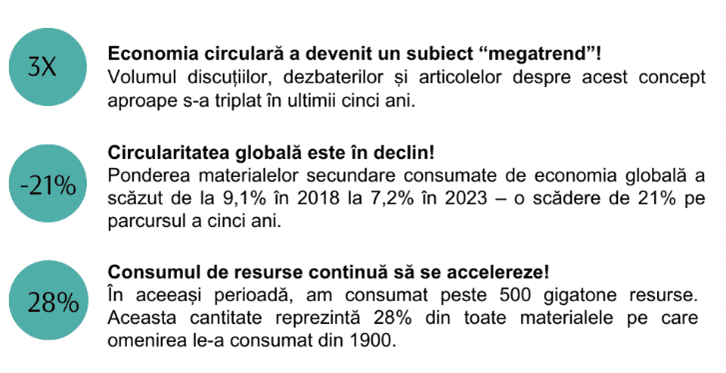
Balanced political playing field – by introducing policies and developing a legal framework that encourages circular practices and penalizes harmful ones.
A fair economy – by adapting fiscal policy to create real prices and ensure the financing of circular solutions.
Circular expertise and skills – by ensuring that workers are empowered, while circular opportunities are distributed fairly within and across societies.
The report proposes several recommendations for the implementation of circular economy policies. These recommendations are adapted for different levels of development of the analyzed countries.
For developing countries, in this case, the Republic of Moldova, the report presents some key areas which can play a crucial role in the transition to the circular economy:
- FOOD SECTOR
- National policies to reduce food waste and encourage healthy choices;
- Economic incentives and legislative regulations to support regenerative agriculture and holistic land management;
- Protecting and encouraging farmers practicing regenerative agriculture;
- Directing subsidies from industrial agriculture to sustainable agriculture;
- Creating funds for a just transition to help mitigate risks and facilitate changes in farming practices.
- PRODUCTION OF GOODS
- Removing barriers to circular production by setting clear and binding targets and aligning incentives;
- Investing in skills development programs with a focus on vulnerable workers in transition;
- Setting up systems for mapping the necessary skills along the entire value chain;
- Encouraging exchanges between vocational education institutions and industry;
- Promoting social dialogue and partnership in the planning, design and implementation of national and sectoral policies.
"Success is conditioned by the adequate education and training of people, including vulnerable groups, to benefit from decent jobs."


